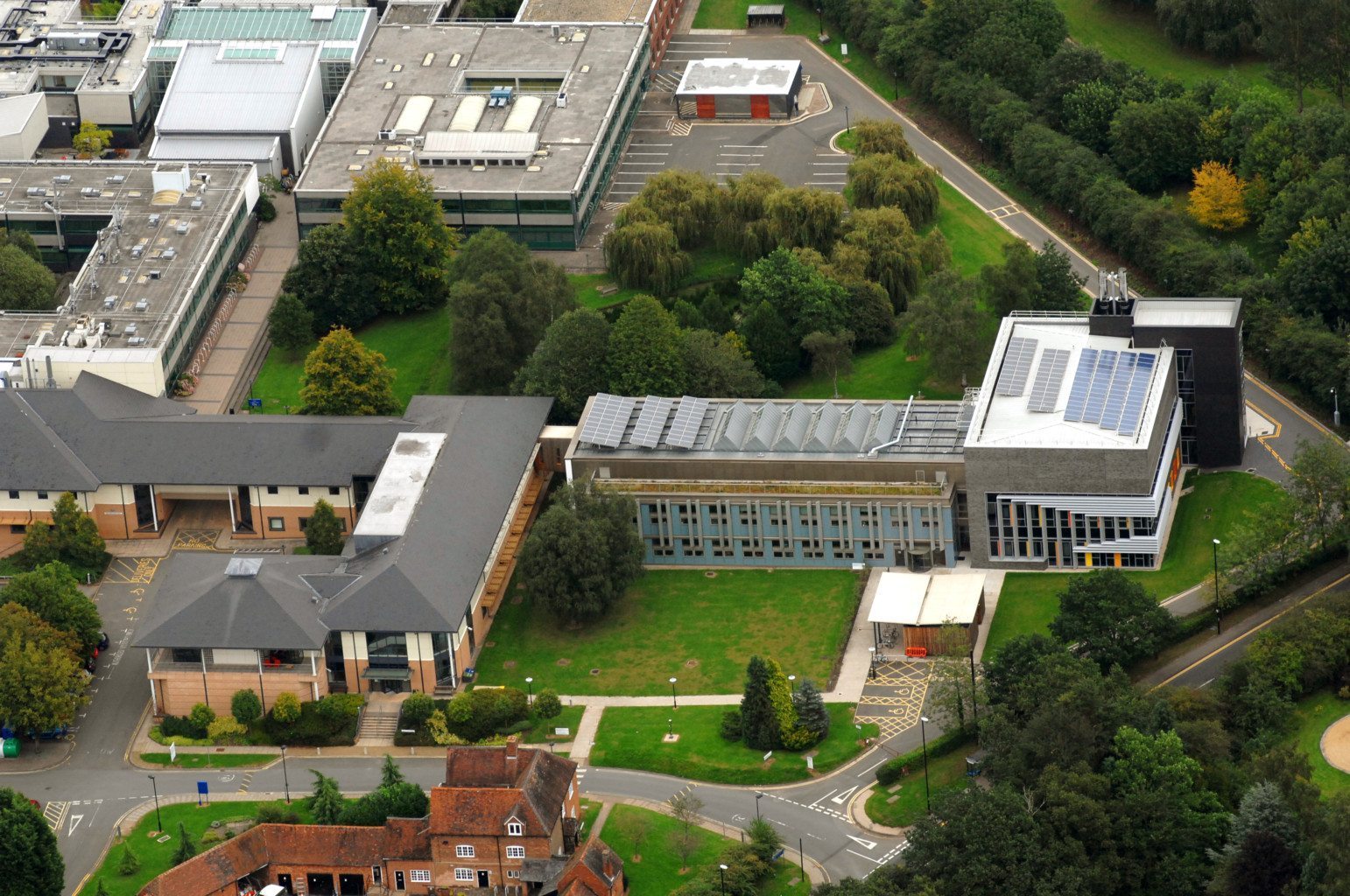New cancer therapies from Warwick Medical School research?
Information from Warwick Medical School (WMS) research could lead to the advancement of a new wave of cancer treatments.
WMS scientists have been looking into the structures of human cells and cell transport systems.
A failure in the microscopic transport system of every cell in the human body has been detected.
In what is being called the ‘railway’ system of cells, are tracks of tiny microtubules – important targets for cancer drugs.
A discovery has been made about the instability of the seams of microtubules which run along their lengths.
It has altered scientists’ thinking about how the structures work, and the focus is now on factors inside the cell which affect the stability of the microtubules.
One of the said factors that WMS researchers have discovered is the removal of a certain type of protein which, along with three other types, works to make a cell’s microtubules. The absence of this protein causes a weakening in the structure’s seam.
Scientists have thus proposed that blocking the action of this group of proteins could help target rapidly dividing cancer cells because microtubule tracks will be weakened and unable to remodel prior to cell division.
Head of the research team at WMS, Professor Robert Cross, said: “It is clear that any new drugs aiming to stabilize or destabilize microtubules must target the microtubule seam.
“We expect this to lead us to a better understanding of the way microtubules are regulated in cells and why this sometimes goes wrong, such as in development of cancer.”
“Our findings help us to understand how some existing cancer treatment drugs actually work and this in turn should lead to development of new generations of better and more effective anti-microtubule drugs.”
The study was published in Nature Communications and was funded by the Association for International Cancer Research (AICR) and Marie Curie Cancer Care.
WMS has various ongoing cancer research projects for which they encourage donations. 100 percent of these donations are put to practical application – there are no administration costs.
Some of the specialised areas of cancer research that WMS are involved with include earlier and less invasive detection; side effects of treatments; cell biology research and causes of cancer (the category into which the research of microtubules falls); and head and neck cancer.

Comments